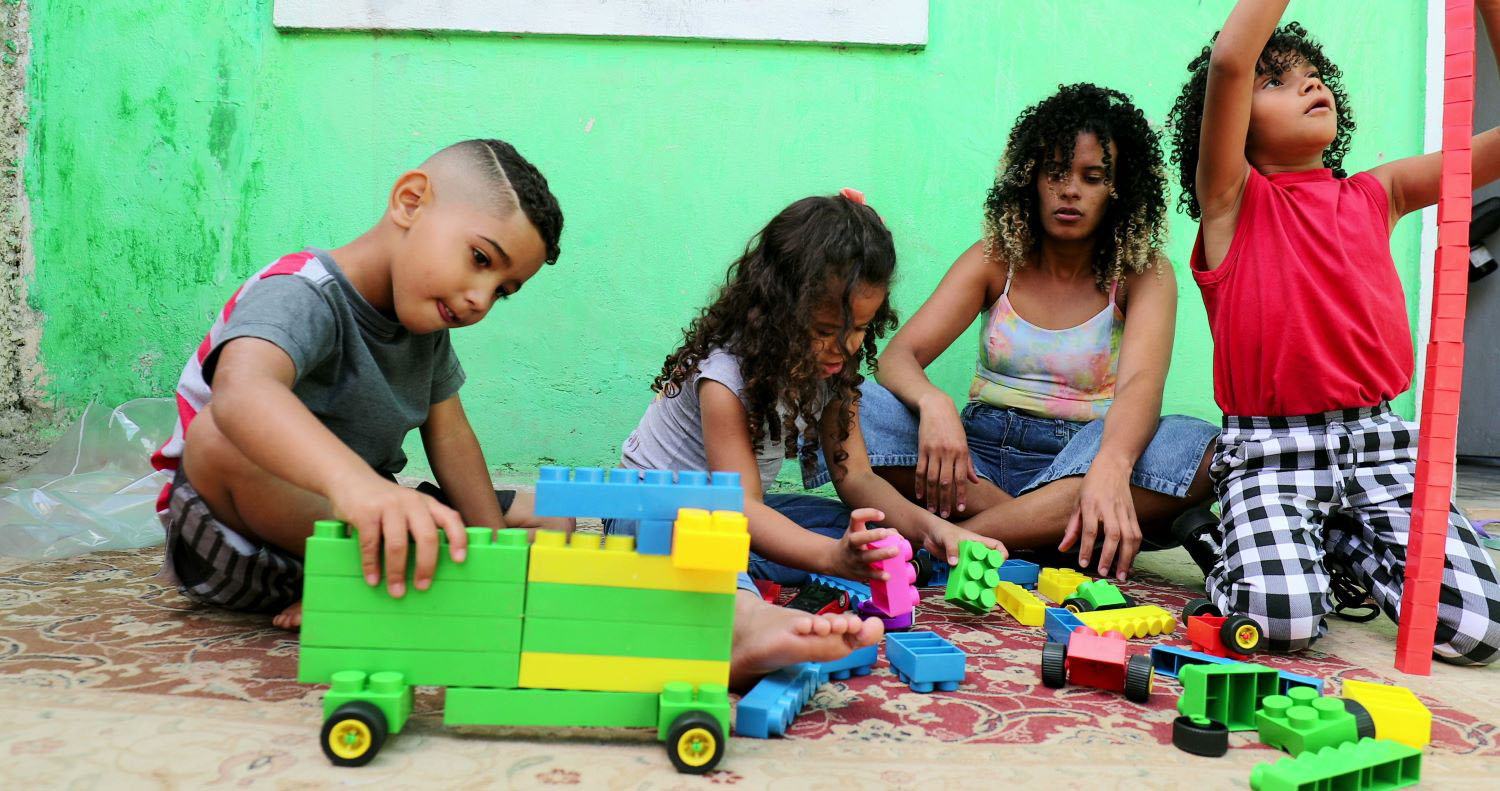This blog post originally appeared on Devex.
Practicing what we preach: How can development organizations do better on women’s equality in the workplace?
Women’s equality and empowerment is a driver of economic growth and development around the world, and development organizations routinely include and espouse this goal as part of their missions and activities. But if you peel back the curtain, there are serious questions about whether—behind the scenes—development organizations are living up to these values in the workplace.
My colleagues Tanvi Jaluka and Charles Kenny analyzed a random sample of 30 US organizations (10 each from foundations, think tanks, and NGOs) that work on global development, and found that less than one-third of key/high-paid employees at the sampled think tanks are women, and that key/high-paid women appear to be paid less than key/high-paid men in all three of the sample groups. Some years ago, my then-colleague Victoria Fan and current colleague Rachel Silverman asked “who runs the global health world?” and concluded: not women.
The data is clear: there is more that we can all be doing, and it’s time to look inward.
First, development aid organizations need better workplace policies. One woman wrote to us on Twitter last week, telling us that she’s running a project that encourages Moroccan companies to adopt better maternity leave practices, but she has no maternity leave herself. That’s not okay. Every organization needs to look at their own policies and assess what needs to change to recruit, hire, and pay women equally.
At the Center for Global Development, we are taking a hard look at the makeup of our board, for example. We recently lost three valuable women leaders (Henrietta Fore to UNICEF, Dina Habib Powell to the Trump administration, and Ngozi Okonjo-Iweala to an expiring term), so we’re starting more targeted outreach to new board members, hoping to better match our values to our board composition. We are also disappointed by the low male participation in any CGD event branded as relating to women; our stats are dismal. At non-gender-related events, about half of participants are male. At gender-related events, only 13 percent of the audience is male.
Elsewhere in the field, the World Health Organization’s great move to diversify its leadership was welcome (see here), although the fact that a merit-based competition was not part of those appointments left some with a funny aftertaste. It was exciting to see my former employer, the Inter-American Development Bank, obtain EDGE Certification and commit to parity last year, but it is disappointing that an organization can be certified when only six of 25 board members are women, and 10 of its 33 top leaders are women, with most of the 10 in charge of administrative matters. At the World Bank Group, Jishnu Das and co-authors find a gender wage gap between male and female professionals of about $27,400 between 1987 and 2015, mainly explained by men entering the WBG in higher paid positions and by differential rates of salary growth throughout careers favoring men. (The World Bank has also committed to parity.)
So there’s been progress, but there is much more to do.
Second, development organizations need to foster work environments that are safe spaces for women and people of all genders. The #MeToo movement and recent allegations against aggressors and their enablers at Oxfam and Save the Children are reminders that sexual harassment and exploitation occur in all sectors, and development is no exception. When it happens, organizations should be ready to take it seriously and respond quickly and fairly.
Finally, there’s the subtle stuff. It’s pointing out a problem when you see it, as in Alice Evans’ response to a mostly male list of “top development thinkers.” It’s taking—and upholding—Owen Barder’s pledge not to appear on male-only panels (we’re as guilty as everyone). It’s creating space for discussions like this to happen, and really listening to what people are saying. It is easy to become more aware, but not easy to change. Cultural shift and leadership is essential to make policies effective.
In that spirit of discussion, the Center for Global Development is hosting an event with Devex at 4:00 pm ET on Tuesday, March 6, called Practicing What We Preach, which will highlight practical ways organizations can live up to their promises for a gender-equal workplace. I’m honored to be joined by Alice Evans, lecturer in international development at King’s College London; Angela Bruce-Raeburn, formerly of Oxfam; and my colleague Cindy Huang, co-director of CGD’s Migration, Displacement, and Humanitarian Policy Program, along with Devex’s Kate Warren and Kate Wathen.
We hope you’ll be there too, sharing your tips and experiences and keeping the conversation going.
Disclaimer
CGD blog posts reflect the views of the authors, drawing on prior research and experience in their areas of expertise. CGD is a nonpartisan, independent organization and does not take institutional positions.





